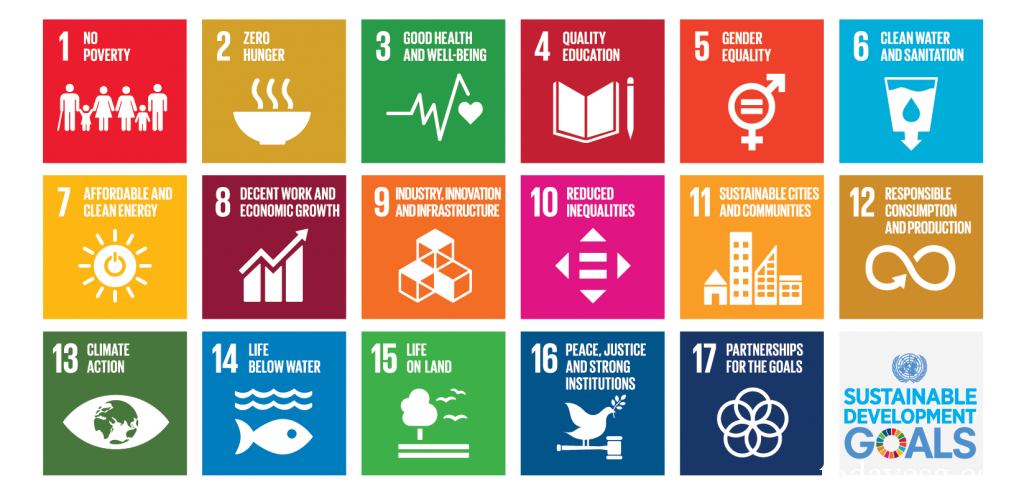The Largest CEO Survey in History
The United Nations Global Compact released the 12th CEO sustainable development report to collect and record their sustainable views. 2600 CEOs from 128 countries participated in the survey, which reached the largest scale since 2007.
This survey is based on the 2030 Agenda for Sustainable Development Goals (SDGs) to study how to create a stable, growth and sustainable roadmap. The survey was conducted in two ways. One is to interview 2668 CEOs with online questionnaires, the other is to organize 133 CEOs to participate in face-to-face in-depth discussions;
Difficulties Faced by Current Sustainable Development
According to the report, it is still difficult to achieve sustainability in 2030 from the perspective of current development. For example, the climate change target of the Paris Agreement is 1.5 degrees Celsius, but according to statistics, the current global emission activities will increase the temperature by 2.5 degrees Celsius by the end of the century. In addition, the global pandemic, inflation and other factors have also had a negative impact on sustainability in the past few years. Supply chain pressure, price fluctuation and resource shortage have all appeared.
The results of the questionnaire show that inflation and price fluctuation are the most important issues for the CEO in the company’s operation, accounting for 98%. Climate change ranked fourth among the concerns, accounting for 93%. Issues related to sustainability include natural resource pollution (89%), biodiversity loss (84%) and social inequity (80%). In a word, the CEO has obvious concerns about sustainability issues, but in the current economic situation, inflation pressure, labor shortage and other issues attract more attention.

CEO’s View on SDGs Goals
In terms of the realization of SDGs goals in 2030, 92% of the respondents believe that these goals could still be successfully achieved by 2030, but nearly half of the respondents say that they need to propose new development paths. 72% of CEOs say that their actions will have an impact on the sustainable development of the company (the proportion was only 19% in 2013), so it is necessary to develop a sustainable development agenda at the company level.
When formulating the sustainable development agenda, stakeholders become the priority of the decision. CEO needs to explain the company’s sustainable actions to customers (68%), government (52%), investors (34%), employees (33%), board of directors (22%) and banks (21%) to get their recognition. The attention of these stakeholders also enables CEO to invest more resources in sustainable development.
CEOs’ Measures in Sustainable Development
According to the report, CEOs can take the following measures in sustainable development:
- Choose sustainable business model: CEO can integrate sustainable business model into the company’s core strategy to achieve long-term development. 63% of CEOs have started to design and provide sustainable products, and 49% have carried out sustainable transformation in the company’s business model. According to the United Nations statistics, the sustainable business model will save $1 trillion in 2025;
- Formulate scientific climate plan: 35% of CEOs believe that scientific climate plan will improve the company’s business stability, and 55% believe that it will enable the company to gain competitive advantage. However, although more than 57% of CEOs are developing a climate plan of 1.5 degrees Celsius, only 2% actually meet the emission reduction validation of SBTi;
- Promote natural positive development: the importance of biodiversity to the development of the company is being valued by the CEOs (accounting for 80%), but only 35% have begun to develop in this direction;
- Introduce ESG factors into decision-making: instead of only concerning the economic return, CEO is introducing ESG factors into investment decision-making to have a positive impact on sustainability;
Reference:
UN Global Compact 12th CEO Survey
ESG Advertisements Contact:todayesg@gmail.com








